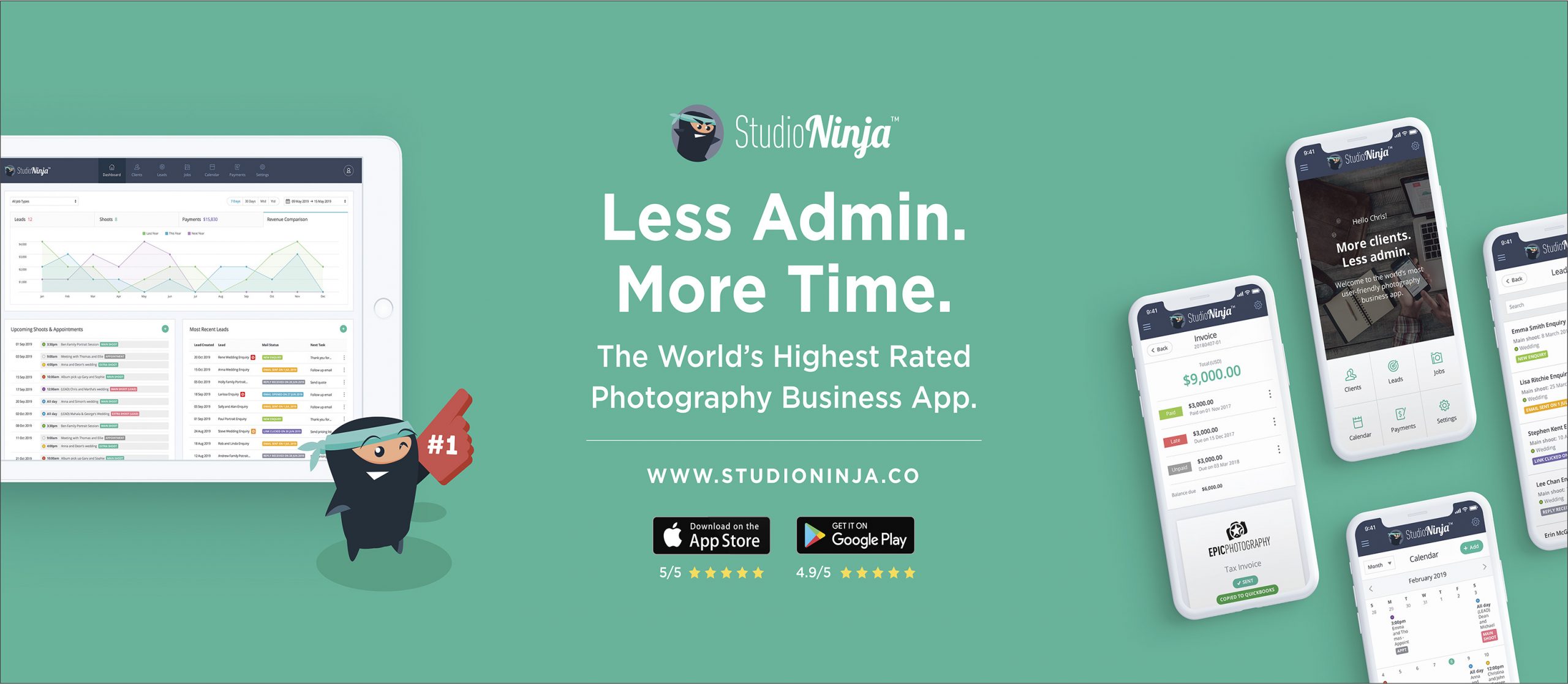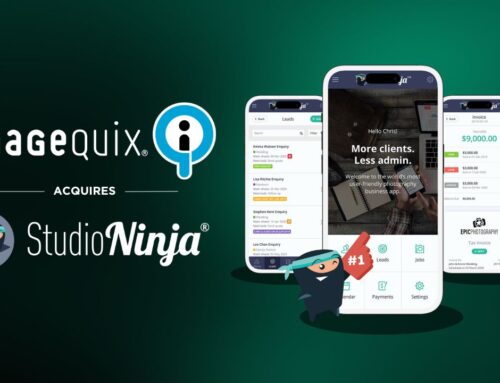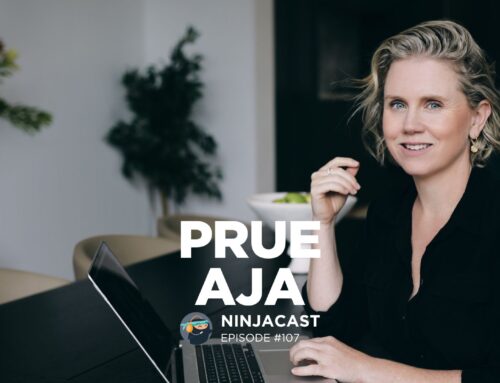006: Love Luella – How to Run an Inclusive Business & Be A Positive Influence In The Industry
July 06, 2020
“I hope that Black and Ethnic minorities are featured and celebrated equally for their culture and not just when they have a designer dress or Boho aesthetic”
TASH JONES
Hey everyone! It’s Sally here, from Studio Ninja. Today’s episode is a slightly different one.
With the events currently unfolding in the world around the Black Lives Matter movement, we are very priviledged to invite Tash Jones of Love Luella Photography onto the show to talk about her experiences as a Black Wedding Photographer and her advice on how to ensure we are promoting diversity and inclusion in our every day lives.
Tash is Welsh-Jamaican and incredibly proud of her heritage. We are about to learn about Tash’s journey into Wedding Photography and her experiences along the way. Tash has been subjected to some racial incidents at Weddings during her career and shares with us how this made her feel. Tash also offers some awesome advice on how to respond to inappropriate comments if you witness them, how to promote diversity and inclusion within your business, how to hold yourself accountable in the future and how to be a small part of a positive change in the Wedding Industry.
Check out some of the biggest points from Tash’s interview below:
As photographers, we’re privileged to shoot so many amazing weddings, and we have such amazing opportunities really to see so many different types of weddings. For photographers out there that perhaps don’t have a diverse portfolio, but they really want to show that they’re supportive and inclusive, have you got any suggestions on how they can maybe go about doing that?
This is a tough one, because obviously it’s a never-ending answer. I live in North Wales, in rural North Wales, not on the borders, I’d say it’s a very, very white populated area, I’m definitely the minority. So if you look at my Instagram, for example, shameless plug, it’s not actually, if you look at my Instagram, there isn’t as much diversity on my Instagram as there would be if I lived in Manchester, Liverpool, Bristol, Leeds, London. Because as a diverse person, as somebody who is inclusive without thought, I can only shoot what comes my way.
So there is black people on there, there is Indian people on there, and there is a same sex wedding on there, because that’s organically come my way from just running my business with integrity. I don’t think it’s possible to, if you’re going to try and get more diverse content suddenly, I don’t think that’s possible at the moment without looking performative. I would just say, you don’t need to rush, because this is a lifelong effort. I think that if you continue to lead by example and operate your business with a good heart behind it, then eventually that will come into itself. It’s not something that you have to really focus on. I think social media pressure in that instance isn’t healthy in this situation.
If you’re going to do a styled shoot, because I’ve seen a lot of people are, then all I’d ask is that they please pay black models and not just hope that they’ll get black people to shoot for free, because then you’re not really helping. And use black wedding suppliers as well, and elevate them and uplift them as well, so it’s not so much as a performance, but an actual collaboration. It’s always good to help others on your way up. So in that way, I would say, consider why you’re asking people suddenly. If it wasn’t there before, consider why – then work on that first maybe.
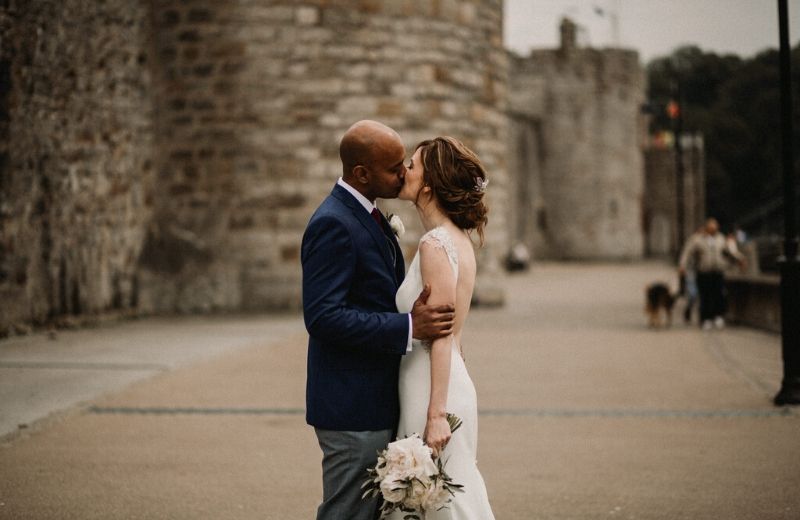
I wondered if you could tell us a little bit about what tokenism is and then, as conscious business owners, how can we avoid being tokenistic?
Tokenism a singular or symbolic act or use of a small number of people, or sometimes one person, from underrepresented groups. So for example, a company has 20 board members and they have one BAME person, one Indian person, or one black person, not both, just one. That’s clearly tokenistic and just to tick a box. So obviously, in personal business, if you are simply watching this podcast and then you think, “That’s it, I’ve done the work.” That would be me being your token. Do you know what I mean? There’s more to do. So one black couple on your feed is not going to be you being inclusive. That’s a token gesture, basically, to appear inclusive. Tokenism is to appear that you are doing the right thing. Whereas, what we really want to see is the mindset and work behind those acts being organic and authentic.
I think it takes years and lifelong, even for me, to unpack all the biases I didn’t even know I had until lately. They’re things from the media, from songs, from films, that have been put on me, so I believe I could only achieve a certain amount of things. So once you unpack all of those things you thought you knew, you can probably move forward with all people without the thought or worry of having tokens, because it should be second nature to you.
When you do something with thought, it becomes a habit. So just practicing, it sounds silly, but if you’re practicing getting five black couples in a certain timeframe, that will be normal for you, because it is normal, because obviously the world is made up of so many different types of people. Time is the only thing that will really tell me and you and everybody else whether something was a token or not. Because once this trending topic fades, it will be interesting to see how instagram feeds change and how people go back to normal, conversations go back to normal, or whatever your normal was.
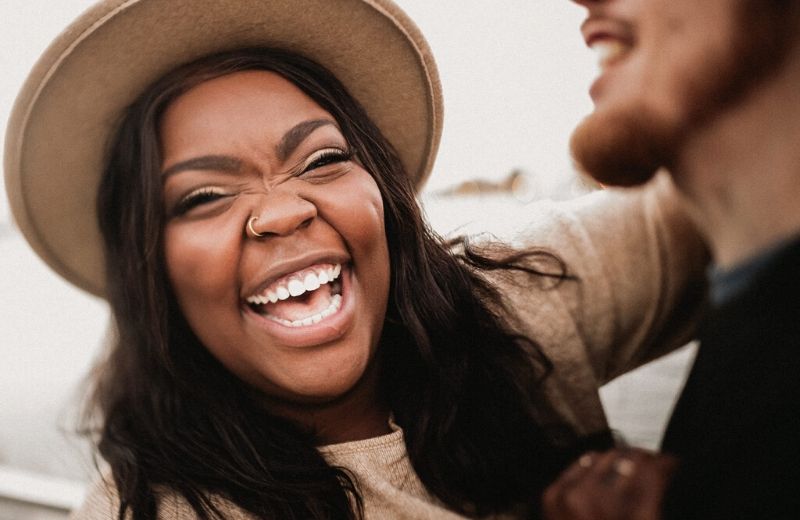
If you could offer one final piece of advice to our listeners, it doesn’t have to be necessarily on the topic we’re talking about, it can be business, it can be personal, what would that one piece of advice be?
I know I’m not perfect, there is no way I could be perfect, because I don’t think it’s an attainable goal. But I know that I enjoy achieving more than I did yesterday, or doing better than I did yesterday. So if you take photography, for example, and you look at your past work, you look at your first shoot, and then you look at today’s, you can see massive progress there, and you can see visually how much you learnt, how much you’ve grown, how much your knowledge has expanded in that craft. All I want is that same energy in terms of being a better person.
So anti-racist would be a byproduct of you trying to be a better person, because it is as simple as right from wrong. Good and bad, right, wrong, you know the difference. So if you’re constantly trying to be better than you were yesterday at just being a human, then I’m happy, because eventually that will include anti-racism as well, because it isn’t right, and it is wrong, and it is bad. It sounds so basic. But visually, I look at my photography and I can see, “Okay, I took note of that light. I saw that didn’t work. That pose was crass. Hell no, not going to do that again.” Then I did better. So look, I’m not holding you accountable for what you’ve done in the past. We can’t undo the past. But we can change the next day, and we can change next week. So if you focus on you and stop focusing on what everybody else is doing about something, I really think that I feel hopeful for my future grandchildren’s lives, I feel a hope that I’ve never felt before, and I hope that that is real, I hope that happens.
Because if I focus on continuing to be a better racism speaker than I was today, then of course I’m going to improve, because I’ve never done this before, it’s certainly not my forte, it’s not my specialty, and I’m not the best, most eloquent speaker. But I speak with honesty, and that’s all I can do.
So yeah, try and be better than you were yesterday. I’m not going to shout at you for what you did last week, even if you did something terrible. I’m here to judge you on what you do from now. And same, you know what I mean, I’m going to make mistakes inevitably. Someone’s going to be unhappy with what I said. So I will take on what they’ve said, accept it, and try to do better. That’s all we can do.
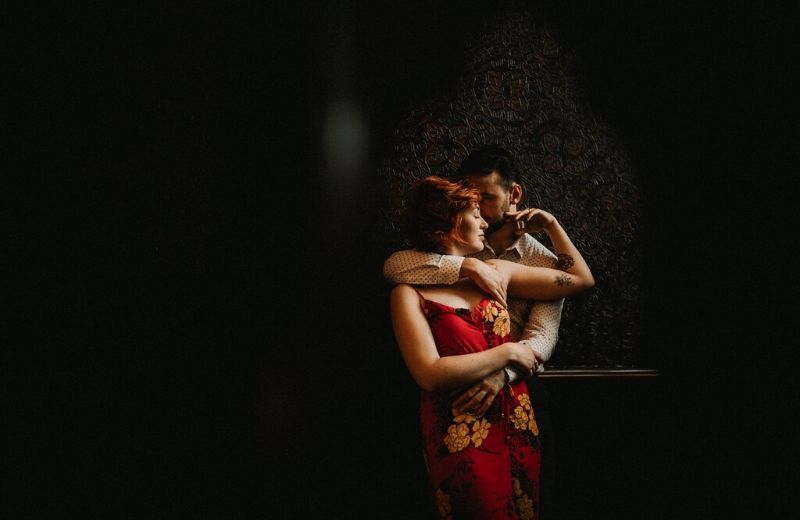
Thank you!
Thanks again to you all for joining us and a huge thanks to Tash of Love Luella Photography for coming on and sharing her thoughts, experiences and advice on diversity & inclusion.
If you have any suggestions, comments or questions about this episode, please be sure to leave them below in the comment section of this post, and if you liked the episode, please share it using the social media buttons you see at the bottom of the post!
That’s it for me this week, I hope you all enjoyed this episode.
See you soon,
Sally
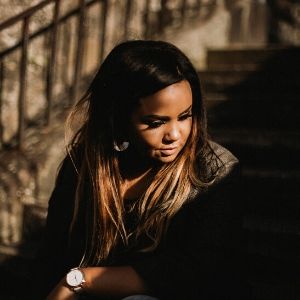
About Love Luella
Love Luella (AKA Tash Jones) is a Welsh Jamaican Wedding Photographer. Tash is a visual story-teller that captures the true feeling of the day. Love Luella also offers 1:1 mentoring to coach photographers to realign with their business goals.
